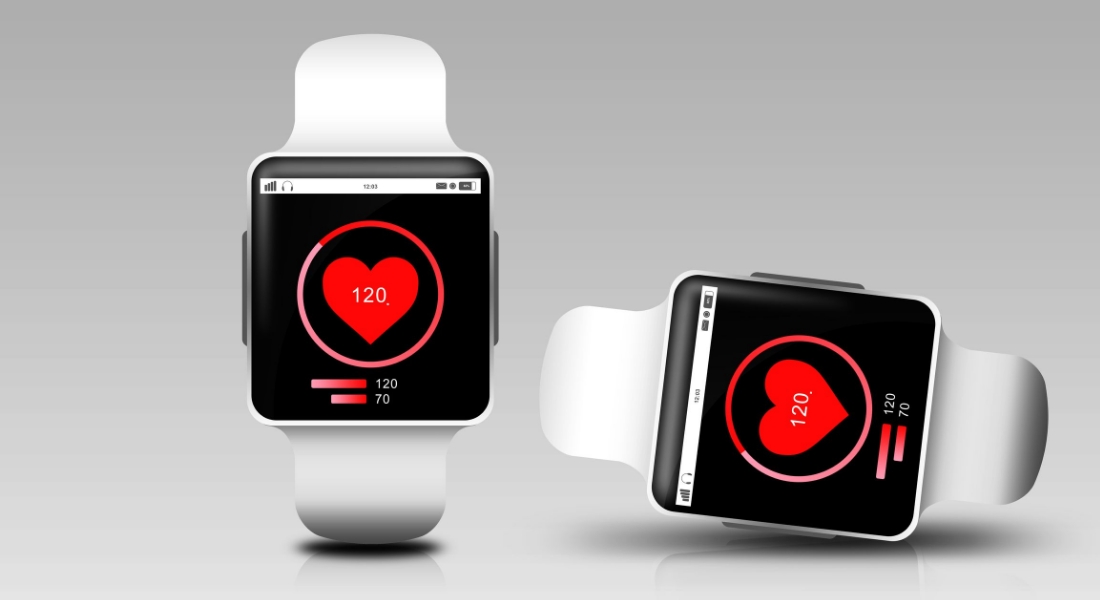The role of networks shaping health inequality
Health shapes the well-being and financial situations of individuals, networks and populations. Societal changes the past forty years have resulted in most people leading longer, healthier and more prosperous lives. However, health disparities are on a rise, both in less equal countries, such as the US, and in more equal countries, such as in Scandinavia. In Denmark, for instance, the rich can expect to live a decade longer than the poor, and every year the richest quintile of men gains one month more in life expectancy than the poorest quintile.

In recent work, we show that adverse health behaviors have become more consequential for the poorer part of the population---and we find that health behaviors have the potential to explain the entire rise in life-expectancy inequality in Denmark over the past decades. However, we are still to identify the key channels that shape underlying behavioral differences in society. While health behaviors are not biologically commutable like viruses and bacterial infection, they are indeed highly contagious via spillovers in networks. This is the starting point for this research proposal that aims to disentangle behavioral network spillovers and their interaction with changing social insurance programs as well as advances in the health care sector in shaping inequality in health and well-being over the past 40 years.
We ask two overarching questions: 1) How does behaviors in networks translate into health outcomes and (in)equality? 2) Which circumstances and policies can mitigate effects of health shocks in different types of networks?
To answer the questions HealthInequalityNet will combine, at the individual level, data from Danish population wide administrative data on health care utilization and economic data from 1980 to today with two large scale surveys that already exist. 1) The six waves of a longitudinal survey collected for more than 24,000 individuals between 1976 and 2019 (the Copenhagen City Heart Study and the Copenhagen General Population Study, DA: Herlev/Østerbroundersøgelsen). 2) the Time Use surveys collected in five waves since 1987 and up to 2020 by (VIVE and RFF) including app. 3,600-13,000 observations depending on the particular wave.
The administrative health data will allow us to identify individual health shocks during the past forty years, link patients to providers, measure exact death dates and causes of death, measure health care utilization and expenditure at individual patient levels. Importantly, the data allow us to identify networks. With economic and demographic registers, we will be able to construct family networks through parent-to-child and spousal identifiers. Workplace and worksite information will allow us to identify workplace peers. The linked databases will furthermore allow us to measure and decompose income into annual earnings, social insurance and capital income components at the individual level, and tie detailed education information to each individual, which will allow us to identify contextual differences across different types of networks.
While the administrative data allow for identifying networks through family and workplace, the longitudinal survey data add crucial information on well-being, self-perceived health, biomarkers, health behaviors and the allocation of time. This way, the survey data will add direct outcome variables on health, which are otherwise only indirectly measurable in registry data. HealthInequalityNet will combine these unique and rich survey data sources with economic administrative data, allowing us to expand our knowledge of how health inequalities spread across networks.
Researchers
| Name | Title | Job responsibilities | |
|---|---|---|---|
| Search in Name | Search in Title | Search in Job responsibilities | |
| Astrid Sophie Fugleholm | PhD Fellow | Health, networks, inequality, behavior, and applied microeconometrics |
|
| Ida Lykke Kristiansen | Postdoc | Health economics, family economics, child development inequality, applied microeconometrics |
|
| Mette Gørtz | Professor | Health Economics; Family Economics; Labour Economics; Ageing; Applied Microeconometrics |
|
| Torben Heien Nielsen | Professor | Health Behaviors; Health and Mortality Inequalities; Retirement and Savings; Health Measurement; Health Care Suppliers |
|
Funded by:

Project: The role of networks shaping health inequality
Period: 2022 - 2026
Contact
PI Torben Heien Nielsen
External members:
| Name | Title | Phone | |
|---|---|---|---|
| Itzik Fadlon | Associate professor | ||
| Marianne Benn | Klinisk Professor |
